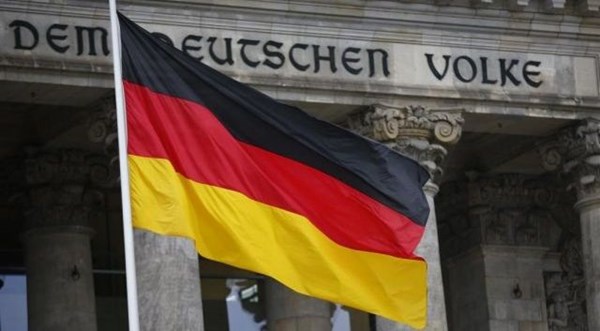German politicians demand action against Hungary's plan to ease entry for Russians and Belarusians
German politician Manfred Weber, member of the Christian Social Union and head of the European People's Party in the European Parliament, has called for strict measures against Hungary’s plans to simplify entry into the country for Russian and Belarusian workers. "Those who let Russians into the EU without checks threaten Europe's security," Weber told Bild am Sonntag in an interview.
"Putin’s spies and assassins have already caused great damage to the EU and Germany," Weber said, adding that EU heads of state and government must clarify this issue at their next summit. Previously, Weber had sent a letter to the European Council expressing concerns over Budapest’s decision.
The Interior Minister of Brandenburg, Michael Stübgen, urged for control on all EU borders with Hungary, stating that EU legislation allows this. In an interview with Bild am Sonntag, Stübgen mentioned that Hungary's neighbors in the EU—Austria, Croatia, Slovakia, and Romania—are already advocating for this measure. "For an EU country, it is unacceptable to let Russians in almost unchecked," Stübgen told reporters.
German Interior Ministry Warns Against "Potential Gateways" for Spies
A spokesperson for the German Interior Minister, Nancy Faeser, told Bild am Sonntag that "the threat of Russian espionage and sabotage is high and has increased since the start of Russia's aggressive war against Ukraine", and thus, EU countries need to strengthen their defenses rather than create "potential gateways" for spies and saboteurs.
Marcel Emmerich, a Green Party lawmaker, emphasized the need for "thorough and strict visa checks" in light of this week's prisoner exchange between Russia and Western countries. Hungary’s planned easing of entry rules "raises serious concerns and may require action," he remarked to Berlin newspaper Tagesspiegel.
EU Commissioner for Home Affairs Ylva Johansson also expressed her concerns over Hungary’s decision to ease entry rules for Russian and Belarusian citizens. "Russia poses a security threat. We need to be more vigilant, not less. Allowing potential Russian spies and saboteurs easy access to the EU would undermine our security," Johansson said on August 1. She called on the Hungarian government to explain its position and assured that if the proposed relaxations pose security risks, Brussels will act.
"Ensuring the smooth functioning of the Schengen Area is of common interest," said Johansson. She emphasized the importance of considering the security and migration concerns of other EU states.
In early August, Hungarian Prime Minister Viktor Orbán signed a decree including Russian and Belarusian citizens in the so-called "national card" program, which allows them to work in Hungary for two years with the possibility of extension. Such "national cards" can be issued by any EU member state.
Relations between Hungary and EU leaders have long been strained. Orbán has recently faced criticism from Brussels for his unsanctioned trips to Kyiv, Moscow, and Beijing, which Budapest presented as a "peace mission" aimed at finding ways to end the war in Ukraine, defending against Russian aggression. During this tour, the Hungarian prime minister met with Russian President Vladimir Putin.
